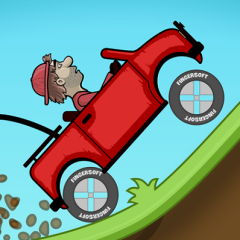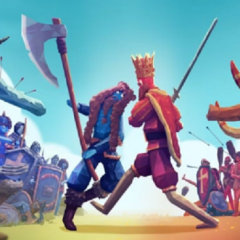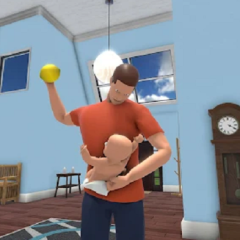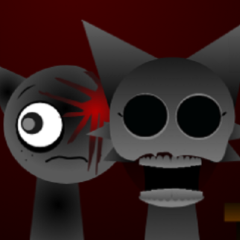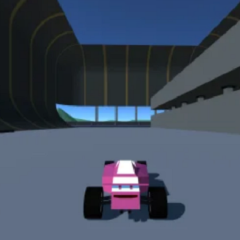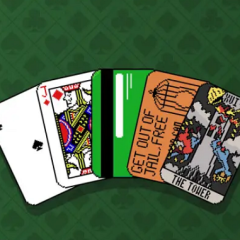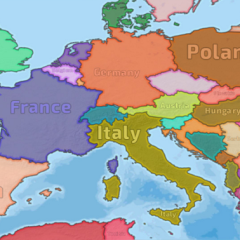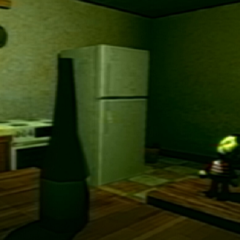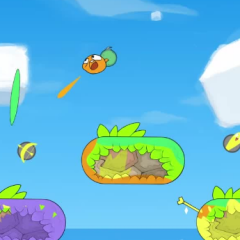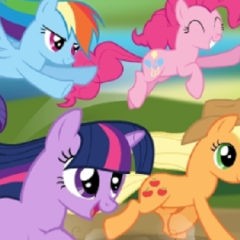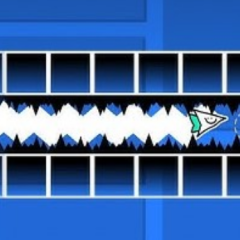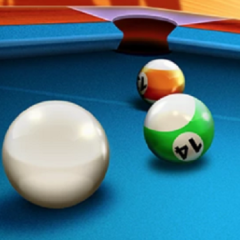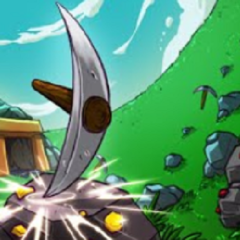Targeting And Strategy
A central feature in Tetris 99 is the targeting system, which determines where your cleared lines will be sent. Players can target opponents manually or use preset modes such as focusing on attackers, going after those close to losing, selecting random players, or challenging the strongest in the match. The choice of target can influence your survival and the overall match outcome. Quick adjustments between targeting strategies are often necessary as the situation changes rapidly, especially when you face pressure from multiple opponents at once.
Approaches To Play
Success in Tetris 99 often depends on finding the right balance between offensive and defensive play. Common strategic focuses include:
- Maintaining a low, clean stack for stability
- Saving Tetris clears for strong counterattacks
- Retaliating quickly when targeted
- Applying pressure early to reduce the number of active opponents
These approaches can be combined and adapted based on match flow. Overcommitting to offense can cause your board to rise too quickly, while a purely defensive style can allow aggressive players to dominate without resistance.
Skill Progression
Improving in Tetris 99 is a process that involves refining both technical skill and situational awareness. Players must develop fast stacking techniques, learn recovery methods for difficult board states, and recognize opportunities for attack. Practice in casual matches or special event modes helps sharpen reflexes and decision-making under pressure. Because each match is shaped by the unpredictable actions of many opponents, adaptability becomes as important as speed or accuracy.



